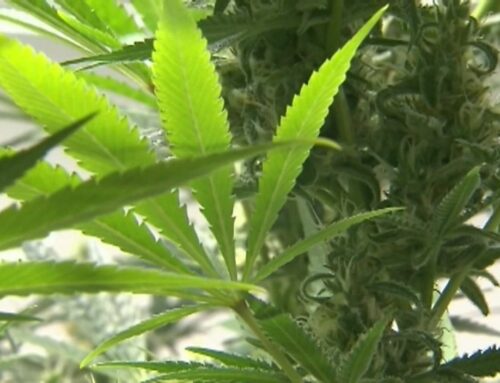Ontario’s Cannabis Wholesaler Under Scrutiny for Large Cash Reserves
NEW YORK- Ontario’s government-owned cannabis wholesaler, the Ontario Cannabis Store (OCS), has recently garnered attention for its substantial cash reserves, raising questions about financial transparency and operational efficiency within the burgeoning industry. As of March 31, 2023, OCS reported holding CA$536 million ($394 million) in cash, including interest revenue, according to its financial statements.
This notable cash stockpile, which has only begun to decrease following recent dividend payments to the Ontario government, places the OCS as one of the most profitable cannabis operations in Canada. However, both the Ontario Ministry of Finance and OCS have remained tight-lipped regarding the specifics of these cash holdings. Michael Armstrong, an associate business professor at Brock University, emphasizes the need for clarity, pointing out OCS’s unusually high cash position compared to other provincial cannabis wholesalers.
Armstrong’s concerns, first articulated in a paper for Policy Options, highlighted the puzzling nature of OCS’s financial strategies, especially given its four consecutive profitable years. It was only after the publication of this paper that OCS initiated dividend payments to the Ontario government, a move that came nearly five years after the legalization of recreational cannabis in Canada.
In the fiscal year 2022-23 alone, OCS’s profits amounted to CA$234.2 million, with an additional CA$16.8 million generated from interest income. However, the legal framework for dividend transfers was only established in September 2023, as per Order in Council 1376/2023, mandating the payment of OCS’s net profits into the Consolidated Revenue Fund.
The size of OCS’s cash reserves stands in stark contrast to other large Canadian cannabis companies, such as Cronos Group and Tilray Brands, and even exceeds the cash balances of some. Unlike the Société québécoise du cannabis (SQDC) in Quebec, which operates numerous retail stores, OCS primarily functions as a wholesaler with a smaller e-commerce operation.
OCS defended its sizable reserves as a necessary measure for financial flexibility during its initial operational years, especially considering the challenges posed by the COVID-19 pandemic. However, Armstrong’s analysis using cash-to-daily-expenses ratios shows that the OCS, even after recent dividend payments, still holds significantly more cash compared to other provincial organizations, akin to a CA$300 million interest-free loan from the government.
This situation raises concerns about the efficiency of OCS’s financial management and potential future expenditures. While not inherently wrong, the practice is deemed highly inefficient unless OCS has major spending plans in the near future. The unfolding scenario continues to prompt calls for greater transparency and fiscal responsibility in the rapidly evolving cannabis industry.



































